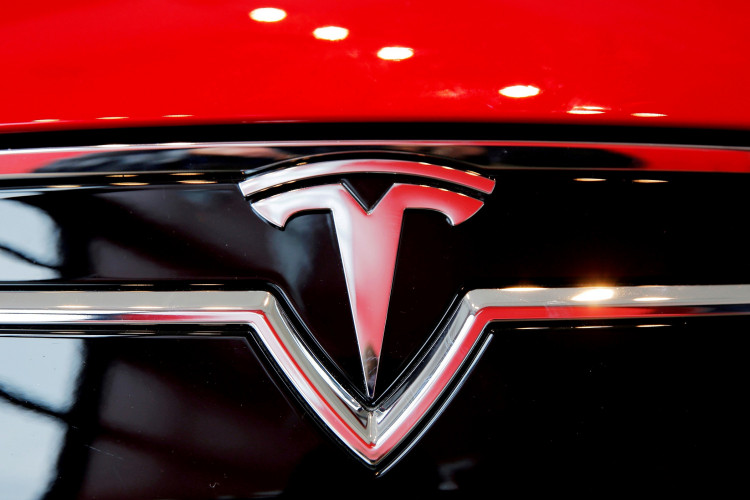On Wednesday, a U.S. auto safety body announced it has launched an investigation into a tragic incident involving a Tesla vehicle in California this month, which resulted in three deaths and may have been caused by the vehicle's advanced driver assistance system.
The crash, involving a Tesla Model S 2022 that collided with construction equipment in Newport Beach last week, is one of 35 being investigated by the U.S. National Highway Traffic Safety Administration (NHTSA) since 2016 involving Tesla vehicles in which advanced driver assistance systems such as Autopilot were suspected to have been used.
These Tesla investigations have revealed a total of 14 crash-related fatalities, including the three latest fatalities.
NHTSA has confirmed a fresh investigation into a Tesla Model S incident that occurred in Newport Beach on May 12 and resulted in the deaths of three passengers and injuries to three construction workers when the car collided with construction equipment along the Pacific Coast Highway.
Wednesday, Newport Beach Police would to comment on whether the Tesla was in Autopilot mode at the time of the crash, citing the ongoing investigation.
The scrutiny of Tesla's Autopilot and other driving assistance technologies that perform certain responsibilities for drivers has risen.
Tesla's website states that Autopilot assists drivers by allowing vehicles to automatically steer, accelerate, and brake, but "requires active driver supervision and does not render the vehicle autonomous."
NHTSA emphasizes that there are no available autonomous vehicles that allow drivers to be inattentive.
In order to perform in-depth clinical investigations in a timely manner that can be used by the automotive safety community to improve the performance of its advanced safety systems, the NHTSA dispatches "special crash teams to investigate over 100 unique real-world crashes" annually.
In three of the NHTSA's 35 special crash probes into Tesla using advanced driver assistance systems since 2016, Autopilot use has been ruled out.
Separately, the NHTSA announced on Wednesday that it had initiated a second special crash investigation involving a 2016 Tesla Model X in a Florida collision that resulted in a minor injury and may have involved the deployment of an advanced driver assistance system in April.
In August, the NHTSA announced that it had initiated a formal preliminary evaluation of Autopilot defects and had documented at least a dozen collisions between Tesla cars and emergency vehicles. This investigation remains ongoing.
Since 1972, the NCSA's Special Crash Investigations (SCI) Program has given the NHTSA with the most comprehensive and comprehensive crash investigation data collected by the agency.






